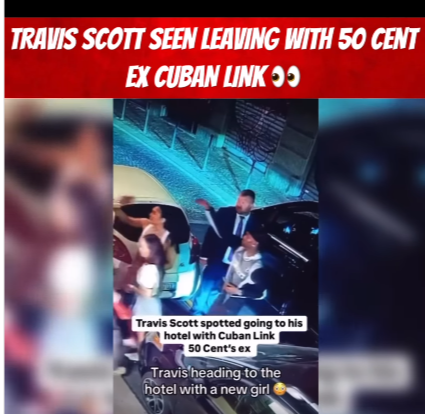(ThyBlackMan.com) The human experience is a panoply of lessons. From our brushes with the law, to our interactions with loved ones to lost opportunities for career advancement, virtually each experience we encounter – good or bad – provides a lesson for our personal growth and development. How many times have you muttered to yourself, “I wish I had taken that job” or “What was I thinking when…” or “How did I allow this to happen?”
Such sentiments have been defined by pop psychology as ‘regret’. To regret is to feel sad, repentant or disappointed over something that has happened or been done. Most regret centers around missed opportunities.
opportunities.
Regret comes in two forms:
Positive Regret
Using missed opportunities as a basis for future empowered action
Negative Regret
A chronic pity party
We Don’t Like to Embrace Our Failures
We are trapped in history and history is trapped in us, writes James Baldwin. In our win-at-all-costs society, we don’t like to admit defeat. The average life, though, is more failure than success. Why, then, don’t we don’t we learn to look at failure differently? Because we have been conditioned to accentuate our success and downplay our failures. We didn’t get the job we really, really wanted with that Fortune 500 Company, for example, but we did get a job. In fact, that attitude is a residual effect of negative regret: the feeling that we played second fiddle to what we really wanted. Why not just embrace failure and learn from it? Failure plant a seed which, when neglected, sprout into regret.
We Must Use Regrets as Resources
Make the most of your regrets…to regret deeply is to live afresh, writes Henry David Thoreau. The best way to prevent negative regret from happening is to use it as a resource. Going back to the analogy of the Fortune 500 job we failed to get: Why not take a long look at the chain of events which led up to the failure with probing questions: how did you perform during the interview? Was your resume appropriate for the position for which you were applying?
Were your responses during the interview as crisp and sharp as needed? Did you get enough sleep the previous night? Did you eat a nutritious breakfast the morning of? Did you give yourself time to prepare for the interview by arriving early? This is simply using regret as a resource for future enhanced performances. The same algorithm can be applied to relationships, career choices and money. That we may change, improve, recreate ourselves is a result of what Richard Larsen calls “the power of right thinking”.
Regrets Are Best Understood as Lessons
The difference between a positive and negative regret is perspective. When driving, we all use the rear-view mirror to monitor traffic and safety conditions; it’s there to help us move forward. In life, we also have a ‘rear-view’ mirror to remind us of how far we have come and to help us to look forward. Don’t become fixated with the rear-view! There is a reason the front window shield is three times the size of the rear-view mirror. What’s ahead of you is much bigger than what is behind. Glance at your rear-view mirror of life and count your blessings. Understand the sundry lessons – but move life forward!
Count your blessings! Thank God for the lessons!
Staff Writer; W. Eric Croomes
This talented brother is a holistic lifestyle exercise expert and founder and executive coach of Infinite Strategies LLC, a multi-level coaching firm that develops and executes strategies for fitness training, youth achievement and lifestyle management. Eric is an author, fitness professional, holistic life coach and motivational speaker.
In October 2015, Eric released Life’s A Gym: Seven Fitness Principles to Get the Best of Both, which shows readers how to use exercise to attract a feeling of wellness, success and freedom (Infinite Strategies Coaching LLC, 2015) – http://www.infinitestrategiescoaching.com.















Leave a Reply